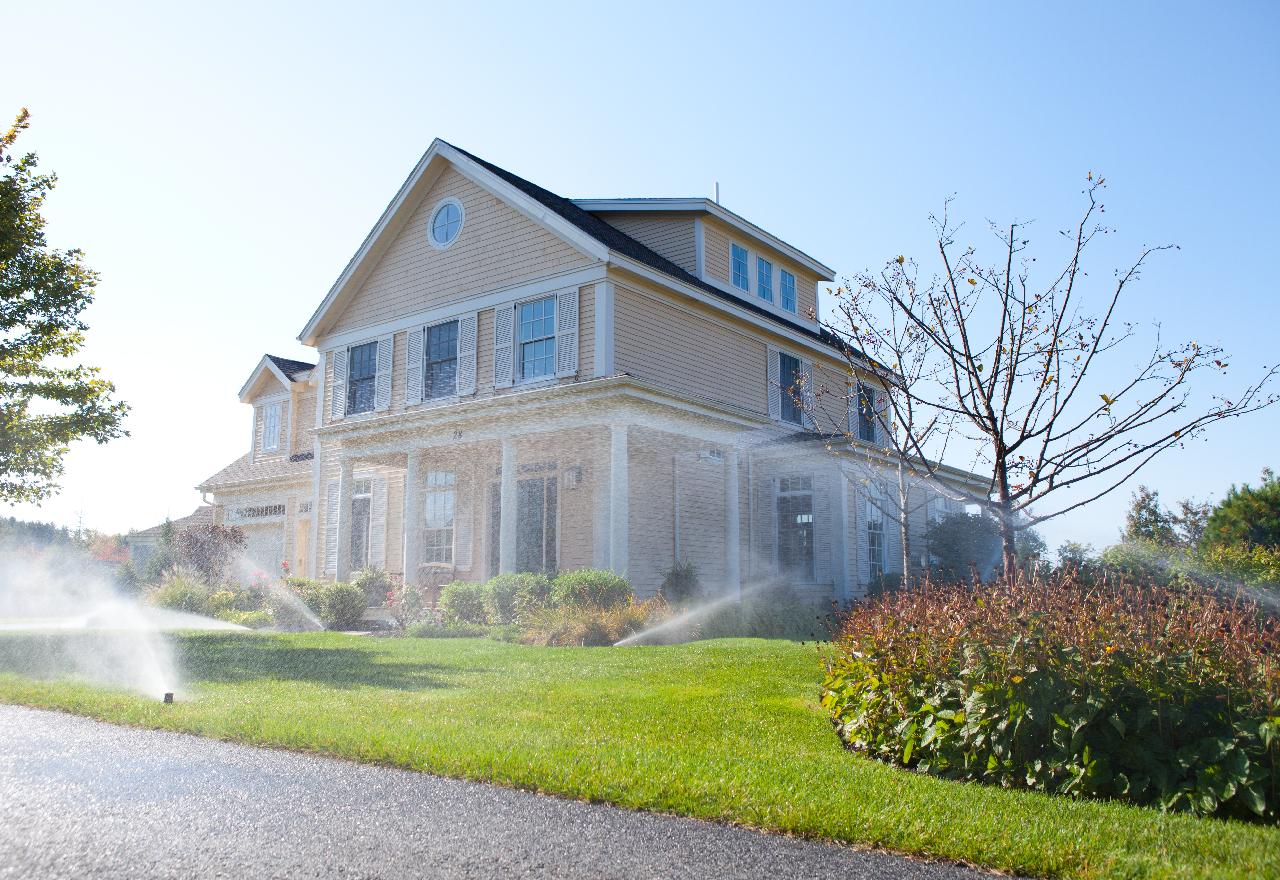During extremely hot or cold weather conditions, the interior of your home might be affected, especially when the thermal envelope is not performing correctly. There are different avenues through which heat and cold can enter your home. That is why instead of looking at your flooring, ceilings, or walls, you should start from a minor intrusion point, usually the window.
Extreme temperatures can enter your home from around and through your windows, even if your quality windows are in good shape. Thus, an inexpensive and straightforward project, window insulation can be your best bet to get comfortable in your home.
Though insulation cannot turn bad windows into high-performance windows, it could make a difference and get you through extreme conditions. So read on to find out expert ways of window insulation.
Let’s begin.
1. Plastic insulating energy film
Transparent window films can reduce heat from entering your window glass during summer. Some are even capable of retaining room heat during the winter months. These films usually come in sections cut to your window size for installation. Then, the films are attached to your interior window frame with double-sided tape.
A good energy film is the clear vinyl roll, double-polished for excellent clarity. It is made with water bath technology, producing extremely clear vinyl. It can also hold up in extremely cold conditions with a -40F cold crack.
You can use a steamer or a heat gun to soften the vinyl to get a clean stretch for window application. Then, when installing, you can staple the vinyl directly to your frame, build a wood frame, or even install it with screws, washers, or grommets.
2. Insulating drapes and shades
There are two forms of insulating window treatment: vertically drawn cellular shades and thick side-drawn drapes. But these two only work when closed. Drapes are thicker than regular curtains and have tie-backs that you can use to hold them against the wall, further preventing air infiltration.
During hot months, drapes with white plastic backing can reduce your home’s heat. Pleated shade types, vertically closed and opened, might look similar to mini-blinds at first sight when opened. But when down and secured, you will see that their construction forms a sort of air pocket that helps them retain room temperatures.
3. Polyurethane spray foams
With time, a window frame can become less airtight. Additionally, insulation materials could also become less effective with time. So, you can optimize window insulation by applying polyurethane insulating foam around the edges.
Upon application, it expands, thus making it optimal for filling gaps in and around your window frame, which lets air flow between the exterior and the interior. Additionally, most aerosol insulating foams contain a high R-value, thus ensuring high insulation efficiency.
Using a foam gun ensures you have no hassle applying the correct amount of window and door insulating foam with spot accuracy.
That’s A Wrap
Effective window insulation ensures there is no heat loss and also helps in the regulation of interior glass surface temperature. With little heat loss through convective airflow or leakage, insulated windows ensure an even temperature throughout your home’s interior, thus increasing energy efficiency.
Window insulation ensures that heated homes maintain high humidity levels, resulting in better air quality and a lesser risk of window condensation.
Discover more from Futurist Architecture
Subscribe to get the latest posts sent to your email.



